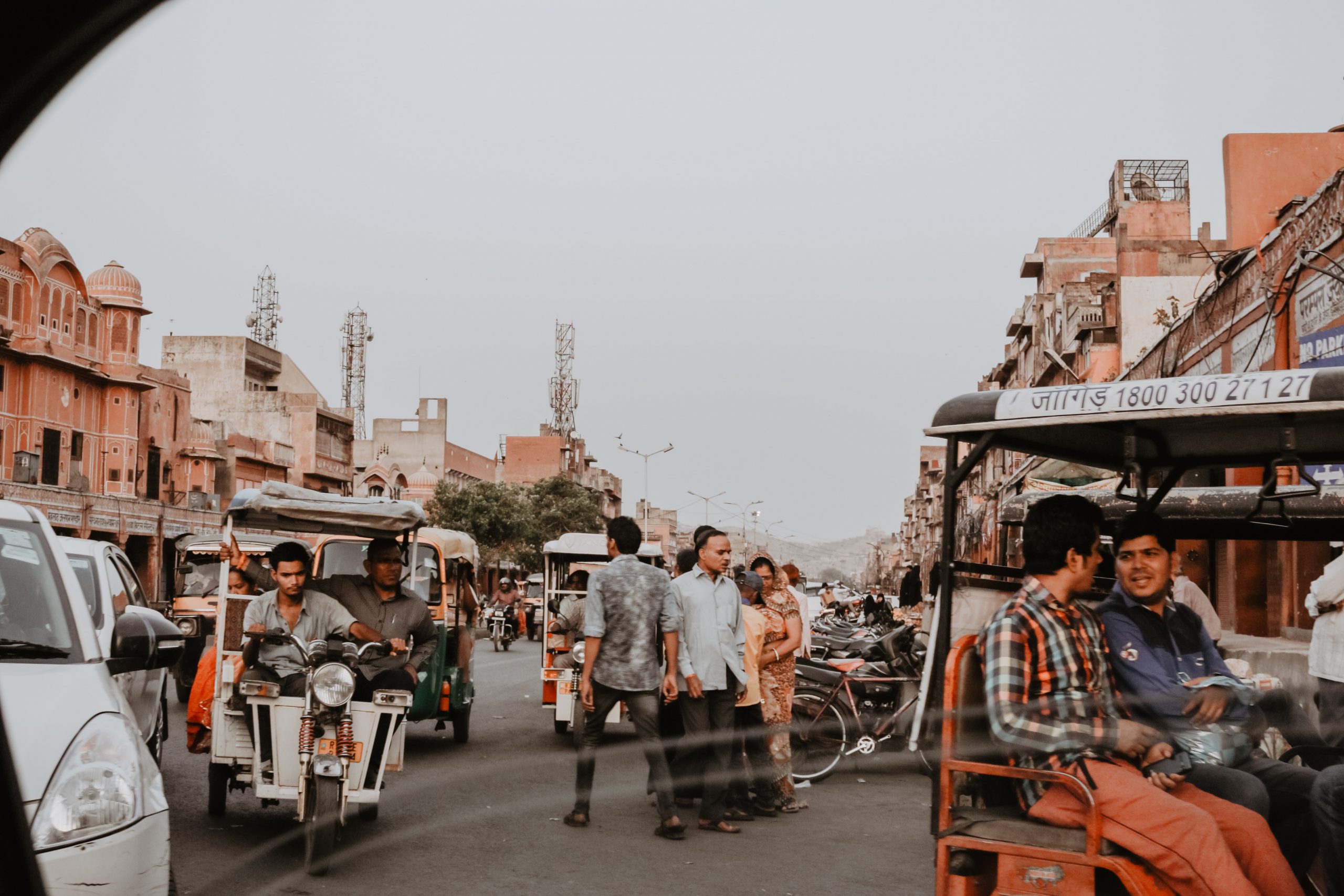Consumers expect global apparel suppliers to adhere to strict social sustainability standards following several deadly noncompliance incidents. This study provides a unique contribution to social sustainability governance by utilizing a causal-effect analysis to classify noncompliance antecedents into causal and effect groups and analyze the interactions.
Combining a structured Delphi technique, involving thirty senior manufacturing professionals in the Indian apparel sector, with a fuzzy Decision-Making Trial and Evaluation Laboratory method (DEMATEL) revealed specific antecedents related to the adherence to social sustainability standards. The most influential antecedents identified were manufacturing cluster behavior, stringent regulations, multiple standards, business continuity, and buyer preference.
Notably, the study theorizes that a supplier’s compliance deliberations intertwine with operational considerations around business volumes, costs, inappropriate governance, and regional cultural norms. Stakeholder theory and the theory of reasoned action help explain the institutional logics underlying the interactions between antecedents and highlight the crucial need for local production hubs to adopt universal social compliance codes.
To our knowledge, this research is the first to identify manufacturing cluster behavior as a leading cause of noncompliance, highlighting the need to recognize clusters as essential stakeholders. The study has notable implications for brands, suppliers, governments, manufacturing councils, and non-governmental organizations (NGOs) that call for coordinated action and new forms of governance to minimize the incidences of noncompliance by apparel suppliers.





